God Speaks (Again): Craig Harris’s “Five Books”
Theater veteran Dean Seal experienced composer Craig Harris's presentation of the voice of God at a recent Nautilus "Rough Cuts" session. Now, he's urging you to do the same at the world premiere performance of "Five Books" at the Sabes JCC, March 13-15.
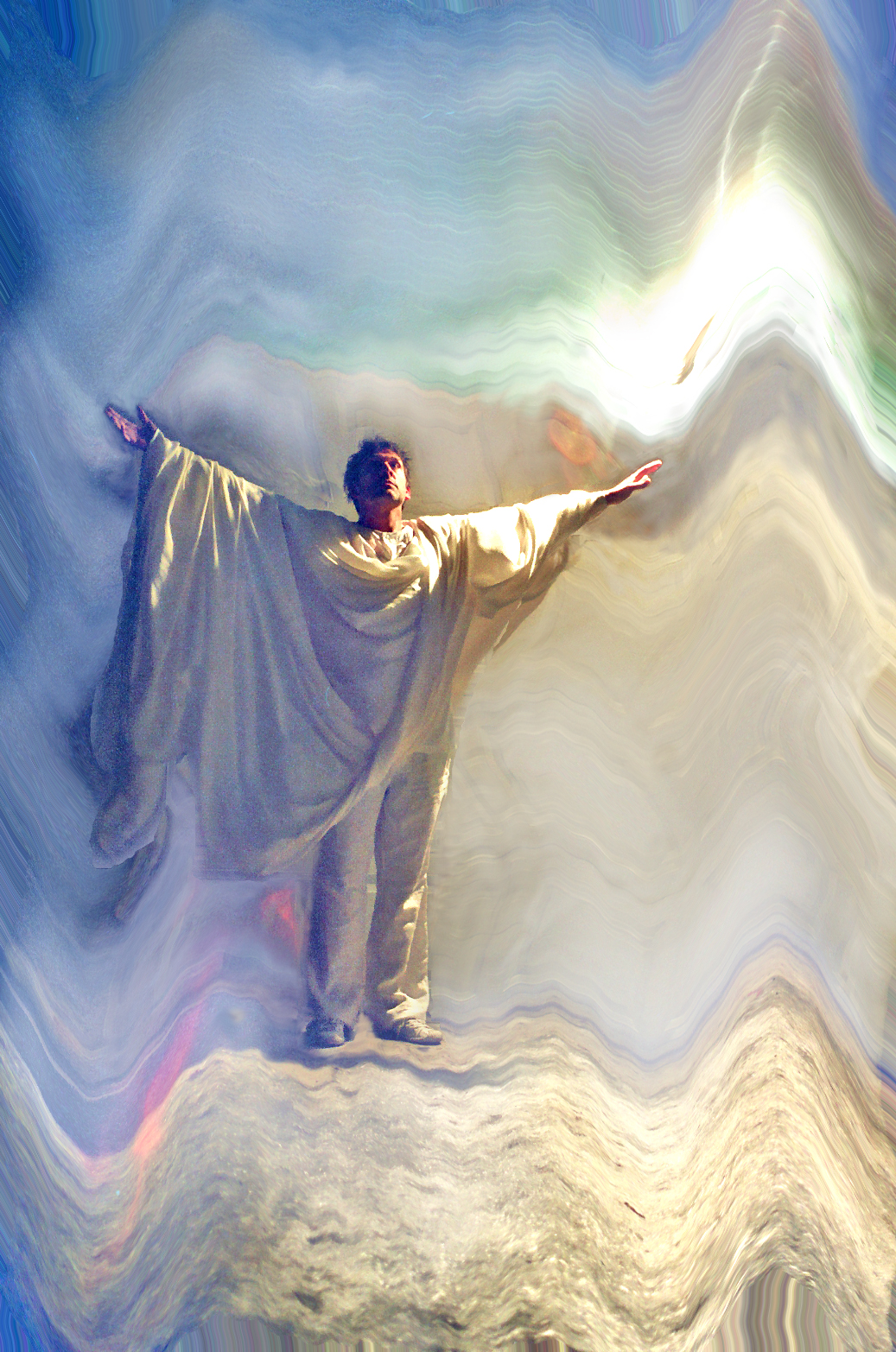
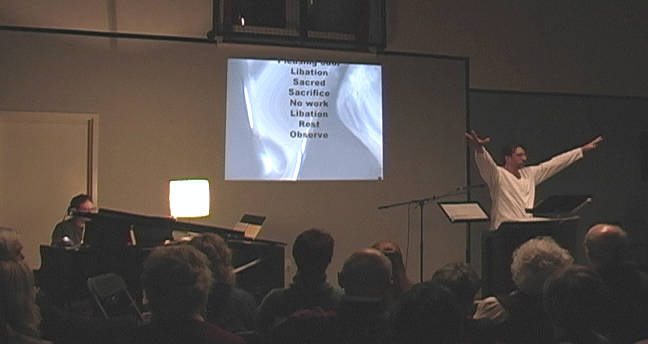
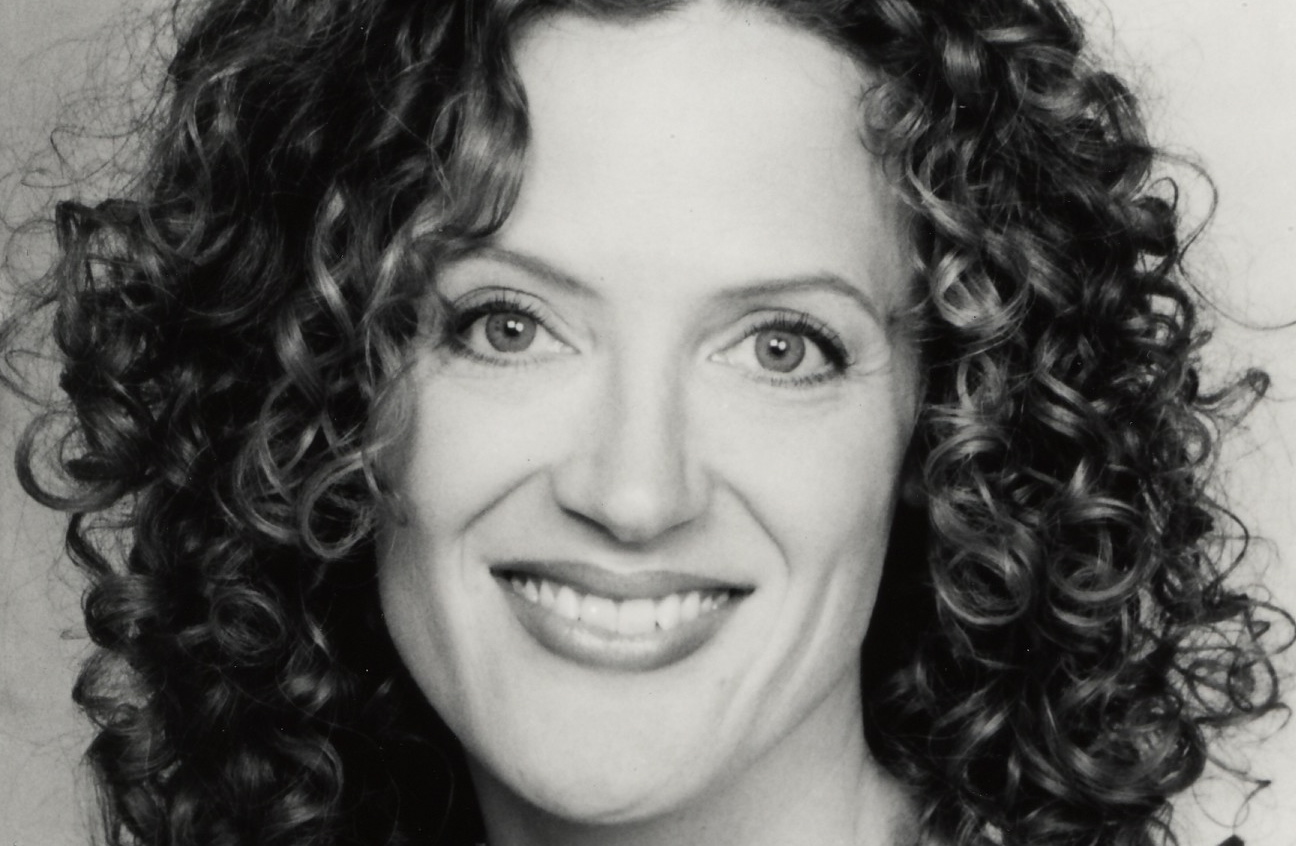
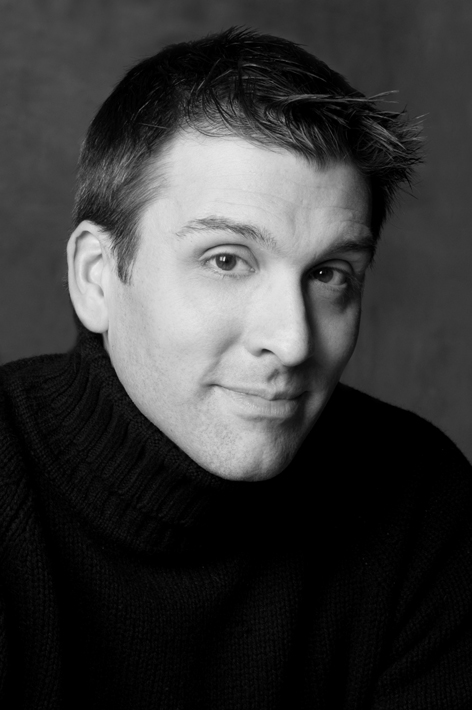
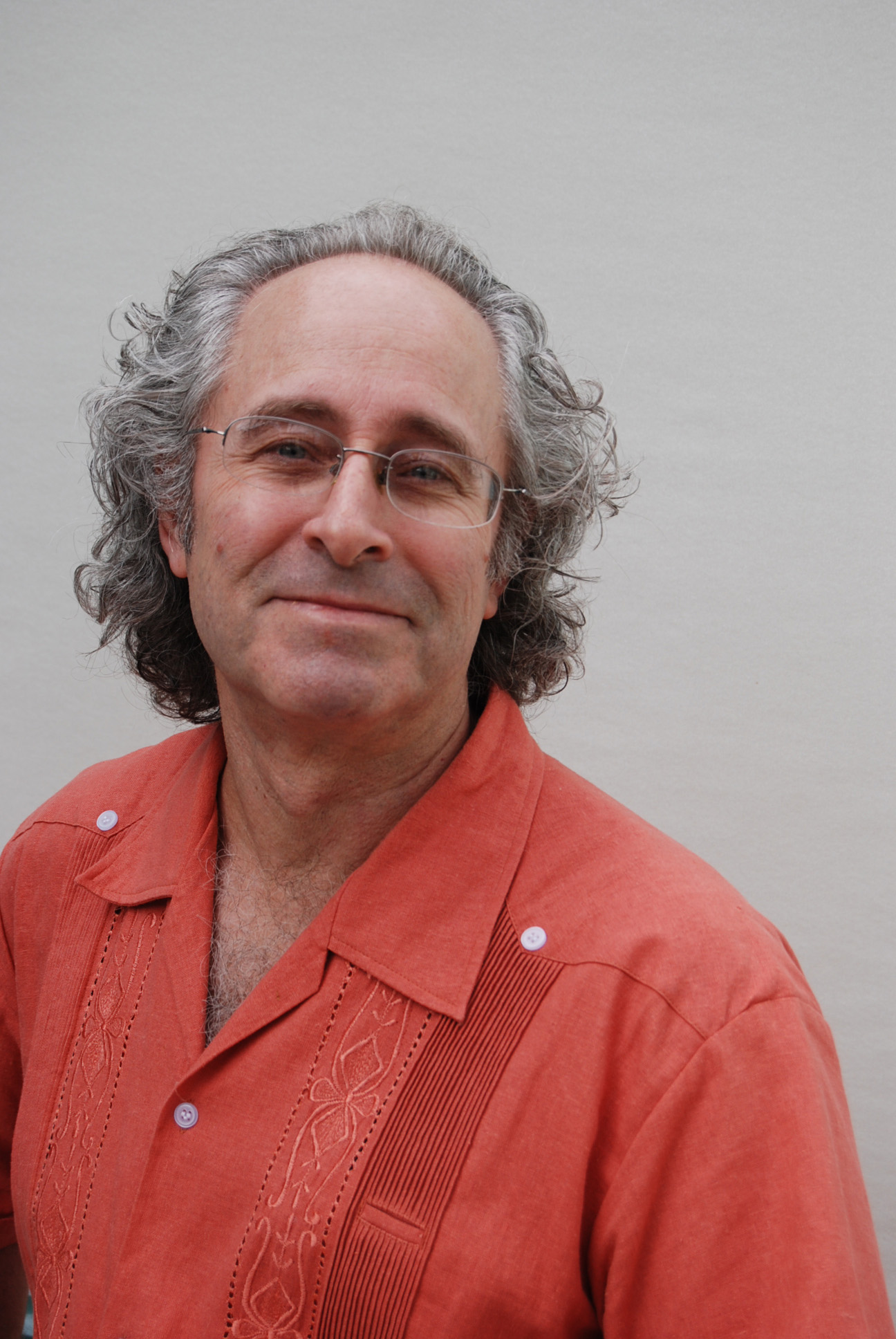
I’D LIKE A BUMPER STICKER THAT SAYS, “Honk if you know the difference between translation and interpretation. I suspect there would be few takers, but it is a key distinction in performance, in music theory, and in the study of sacred texts.
Any work of art that seeks to recreate another necessarily transmutes the original into something new in the process. If you adapt the Lord of the Rings, for example, from book to film you have to leave out a lot of detail; on the other hand, you also get to illustrate on screen much that is left to the imagination in the text. The new form requires a recreation of the dramatic arc to fit the medium. The film is not the book; it cant be.
In translating from one language to another, say from Hebrew to English, you face much the same challenge: how can you retain as much of the original meaning as possible, yet render it sensible in the new language? First you translate then you interpret.
Composer Craig Harris has an even more ambitious project in mind: he is taking the first five books of the Hebrew Bible (what Christians arrogantly call the Old Testament) and is translating them for the stage. There are actually a number of translations involved with the project: Harris is translating the story from words on a page to words sung in performance, condensing five books to one act, and moving from the voice alone to voice with accompaniment. He is also moving the canon out of the sacred realm and into an avant-garde performance arena, giving it an amazing soundtrack. Harris works back and forth in the modalities of traditional Jewish music and has included parts for two of the city’s finest singers (Bradley Greenwald as God/Moses, Norah Long as The People); they’re accompanied by keyboard virtuoso, Tom Linker. Then Harris pushes his adaptation further, adding advanced sonic treatments that conjure up the sound and fury of a Creator God trying to communicate to his people.
But that’s all form. Then he has to interpret the content. Where do you start? So much of this piece is about the conveying of information from one generation to the next, Harris explains carefully, but with a focused intensity. He says further that the central intention in the story is to pass on to future generations not only the history but a way of being: the rituals, the morals, the passing on of the whole mechanism of how you are brought into it. That way of life reflected in the Pentateuch originates in a time when the Israelites were crossing the Sinai desert after their freedom from Egyptian bondage. God had decided not to let them into the Promised Land until the original generation of freed Israelites had perished. The Hebrew Bible reflects the Israelites’ struggle to pass on their traditions, the culture of their people to a new generation. This is a central inspiration for most of theology. What is it we wish to pass on? How do we do it? Can I get some help over here?
Harris’s stage production of this story is rooted in a series of mediationsbetween God and Moses, Moses and the tribe, Moses and God with the Bible, and between the biblical texts and the people. At its heart, the show is also about handing down the traditions, wisdom, and family stories that provide the key context for understanding what this small library, the Bible, is all about. Five Books was previewed at a Nautilus Rough Cuts session, and it will be presented in its newest form at the Sabes Jewish Community Center. Harris describes the innovative format, first, by saying what it aint. Its not a full stage production, not quite music theater; its more of an oratorio, which is often a non-sacred/non- religious-content thing, but not liturgical (not a religious ceremony). Ben Krywoscz (of Nautilus) described it, metaphorically, as a kind of live hologram of the music, where the music exists in a state of being beyond that of being sung, where the acting illuminates the text beyond the effect of the singing. The acting is serious and the music stands on its own, but this is not a full-fledged music-theater piece. Rather, Five Books rides that rail between theater forms; ultimately it’s more like a lively oratorio, benefitting from both the emotive power of song and the fully realized dramatic performance of traditional theater.
Accompanying the performers’ music on stage is Harriss own experimentation, where (among other things) he digs into the sonic palette of Hebrew tonalities and uses the sounds in a background wash that includes a wide range of other aural flavors. These become a mysterious and intriguing backdrop to the text and music being explicated in front of us. Add to that an avant lighting scheme, and you’re in for a tantalizing evening. Screens at an angle will illuminate the proceedings on stage in varying degrees depending on the content; and images will appear on screen as well, utilizing text or traditional design. Harris offers his assurance that these images will not overwhelm what is happening on the stage, but will enhance it. His first stab at this kind of presentation at the Nautilus preview was effective, but now he gets to try it writ large.
What I’m trying to do is find a meaningful pathit’s not about the destination, says Harris. People will recognize stories that are linked to other stories. Thats our experience of the content. For me, the most linear part of this is Genesis, with the stories of God starting over time and again. He starts with Adam and Eve, and they mess it up; and then Cain and Abel mess it up; and then this isnt working, so he has a flood to wipe it all out except for Noah. Then he invests in the genealogy where you get Abraham, Isaac, and Jacob. Through all of this is the voice of Moses, telling people how to be, reminding them that this is the way to keep the spirit alive. Its a path of realization, an arc of certainty that runs through the doubt: Moses doubt about himself, that of the people in the desert doubting that theyll make it out, thinking they might all die in the desert, and of course Gods doubt about making people.
It’s a fascinating, many-layered project that may sound intimidating on first blush, but after seeing even the Rough Cuts performance I can verify that its worth the price of admission to hear Bradley Greenwald give voice both to God in Hebrew and to the responding voice of Moses. The conversation on stage, as it’s played out between Moses and God, and between Moses and The People (Norah Long) brings to life some of the mystery that we encounter when entering into a religious traditionwhere the words we use will never suffice, where wisdom cannot be truly passed on, and where the amazing and the impossible are merely the starting points on the journey. That’s especially true of this particular path through the five books of Moses.
About the writer: Dean J. Seal is a writer and performer, who ran the Minnesota Fringe Festival for four years, during which it became the largest in the nation. He’s also Artistic Director of Spirit In The House! and is mnartists.org’s Spiritual Performance Correspondent.
What: Five Books: First Series, concept and music by Craig Harris, featuring Bradley Greenwald and Norah Long (vocals) and Tom Linker (keyboards).
Where: The Sabes Jewish Community Center, Minneapolis, MN
When: Thursday, March 13th at 8 pm; Saturday, March 15th at 8:30 pm; Sunday, March 16th at 2 pm
General admission is $20 (some discounts for JCC members, students, and seniors) For ticket information or directions, call 952-381-3499